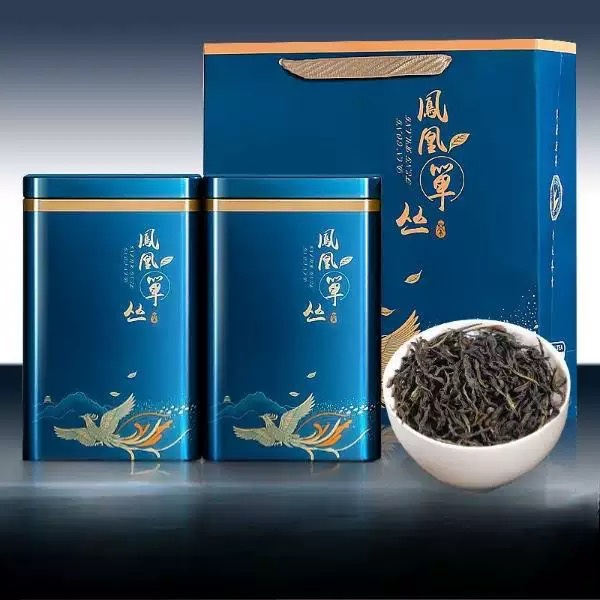Oolong Tea: A Natural Aid for Weight Loss

# Oolong Tea: A Natural Aid for Weight Loss
## The Connection Between Oolong Tea and Weight Management
Oolong tea, a traditional Chinese tea that falls between green and black tea in oxidation, has gained attention for its potential weight loss benefits. This semi-fermented tea contains unique compounds that may help boost metabolism and support fat burning processes in the body.
## How Oolong Tea May Promote Weight Loss
Several mechanisms contribute to oolong tea’s potential as a weight loss aid:
### 1. Metabolism Boost
The polyphenols in oolong tea, particularly catechins and theaflavins, have been shown to increase energy expenditure and fat oxidation. Studies suggest these compounds may enhance metabolic rate by 3-10% for several hours after consumption.
### 2. Fat Breakdown Enhancement
Oolong tea contains caffeine and other compounds that may stimulate the breakdown of fat cells. The combination of caffeine and tea polyphenols appears to work synergistically to promote fat oxidation.
### 3. Appetite Regulation
Some research indicates that oolong tea may help regulate blood sugar levels, potentially reducing cravings and preventing overeating. The tea’s natural compounds might influence hormones related to hunger and satiety.
## Scientific Evidence Supporting Oolong Tea for Weight Loss
Several studies have examined oolong tea’s effects on body composition:
– A 2009 study published in the Chinese Journal of Integrative Medicine found that regular oolong tea consumption helped overweight subjects lose weight over six weeks
– Research from the University of Tokushima School of Medicine showed oolong tea increased fat burning by 12% compared to water
– A 2001 study in the Journal of Nutrition demonstrated that oolong tea extract could reduce body fat content in animals
## How to Incorporate Oolong Tea Into Your Weight Loss Routine
Keyword: Oolong Tea and Weight Loss
To maximize potential benefits:
– Drink 2-3 cups of oolong tea daily, preferably between meals
– Choose high-quality loose leaf oolong for maximum polyphenol content
– Avoid adding sugar or high-calorie sweeteners
– Combine with a balanced diet and regular exercise for best results
## Potential Considerations
While oolong tea shows promise for weight management:
– The caffeine content (about 30-50 mg per cup) may affect sensitive individuals
– Results vary between individuals and should be part of a comprehensive weight loss approach
– Excessive consumption may lead to digestive discomfort in some people
Oolong tea offers a natural, low-calorie beverage option that may support weight loss efforts when combined with healthy lifestyle choices. Its unique combination of compounds appears to influence multiple aspects of metabolism and fat utilization, making it a potentially valuable addition to a weight management regimen.
